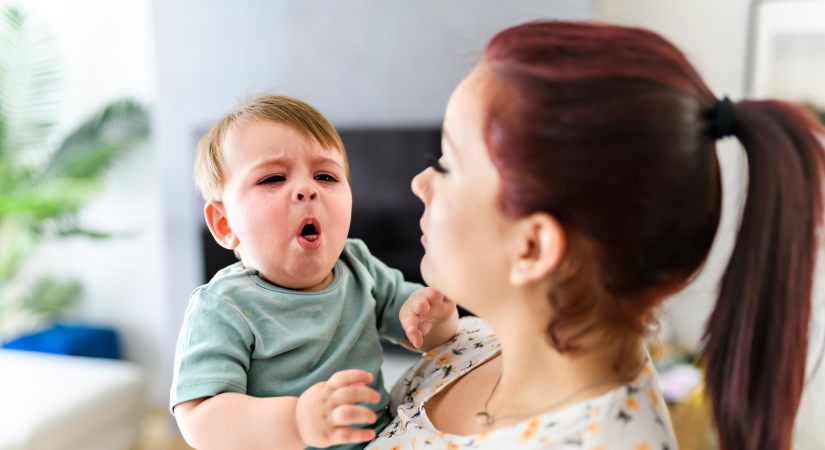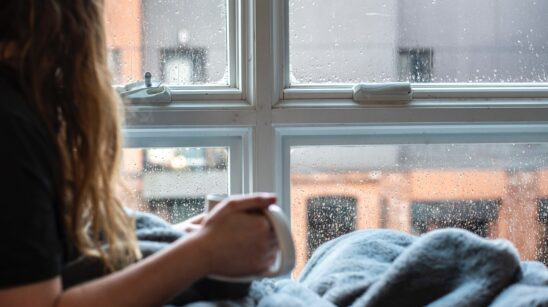Winter has seen the unwelcome return of RSV, a common virus that can cause serious respiratory issues for young children, older people and those with pre-existing respiratory conditions like asthma. In this article we answer your questions about RSV.
What is RSV?
Respiratory Syncytial Virus (RSV) is a common virus that most children will have before the age of two. RSV causes infections of the lungs and respiratory tract. This virus is generally present in New Zealand between May to October.
In healthy adults and older children, RSV symptoms are generally mild. However, in infants, older people and those with pre-existing respiratory conditions (like asthma) the virus can lead to serious illnesses like bronchiolitis (inflammation of the small airways of the lungs) and pneumonia (infection of the lungs).
RSV is the most frequent cause of hospitalisation for pre-schoolers (under two years old) with lower respiratory infections. Māori and Pasifika children are three to five times as likely to be hospitalised with RSV.

What are the symptoms of RSV?
RSV symptoms include a runny nose, coughing or sneezing, a fever, wheezing or difficulty breathing or a loss of appetite. In very young children, they may find it difficult to feed due to breathlessness. Symptoms of RSV usually appear within four to six days after becoming infected.
In younger children irritability or decreased activity could be the only signs that your child is unwell. Shortness of breath or rapid breathing could be a sign of bronchiolitis or pneumonia and requires immediate medical attention or hospital admission.
How is RSV linked to asthma?
RSV can trigger flare-ups in people who have asthma. Recent research has also found that children who have an RSV infection before they are a year old, are at increased risk of developing asthma before reaching school age.
How can I protect my child from RSV?
RSV is highly contagious. The best prevention is to ensure that anyone with symptoms stays away from toddlers and babies until they are well and symptom-free. Children exposed to tobacco smoke or who live in cold, damp housing are more likely to become severely unwell.
Common-sense health precautions will also help stop the spread of the virus. These include:
· regularly washing and drying your hands
· coughing and sneezing into your elbow
· not sharing eating or drinking utensils
· washing toys or surfaces with warm water and detergent if they have been sneezed on or chewed
In New Zealand, the medicine palivizumab is available to young children at high risk of developing complications from RSV, who meet specific criteria such as premature babies and children with heart problems. This medicine helps reduce the risk of developing RSV and is available through paediatricians.
Research into RSV vaccines is ongoing. New Zealand researchers were recently involved with a promising trial vaccine given to pregnant women which passed on protection to their babies.
How do I treat a child with RSV?
Most older children and adults will get better on their own by staying at home, resting and drinking plenty of fluids.
Some children may become seriously ill and need to be treated at hospital. In severe cases the child may need additional oxygen or IV fluids if they have become dehydrated. You should see your doctor or go to to hospital if you are worried about your child, especially if they are drinking less than half the amount they normally would.
Antibiotics are not helpful RSV. RSV is a viral infection and antibiotics only work against bacteria. However, antibiotics may be prescribed if bacterial complications develop.




